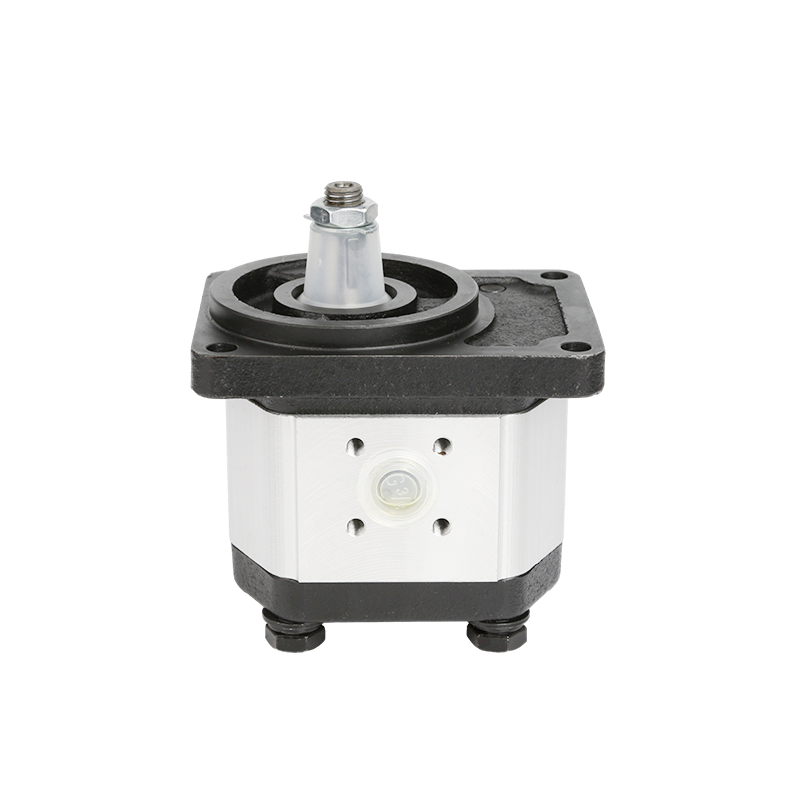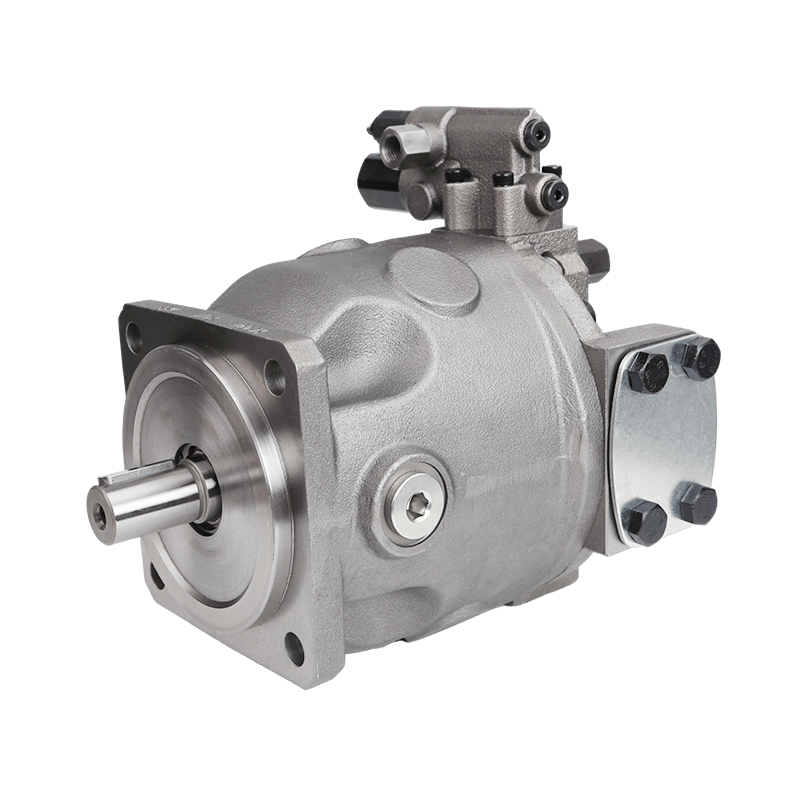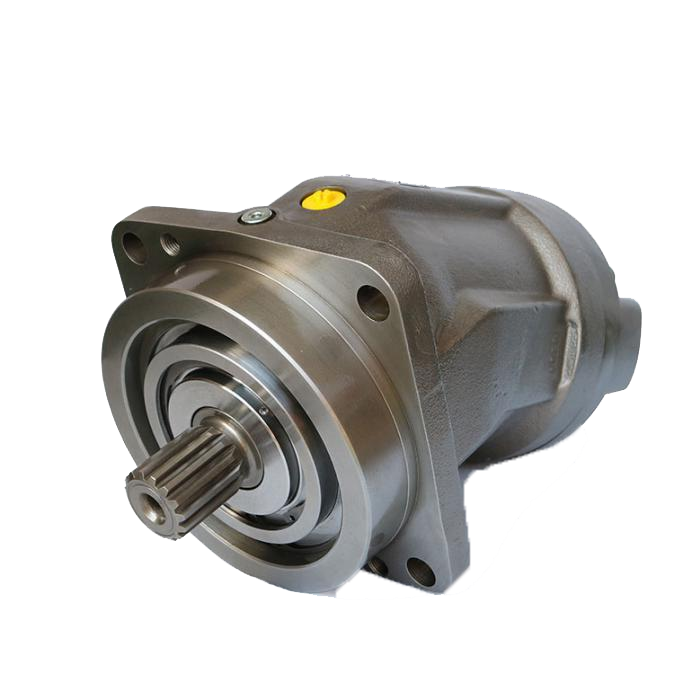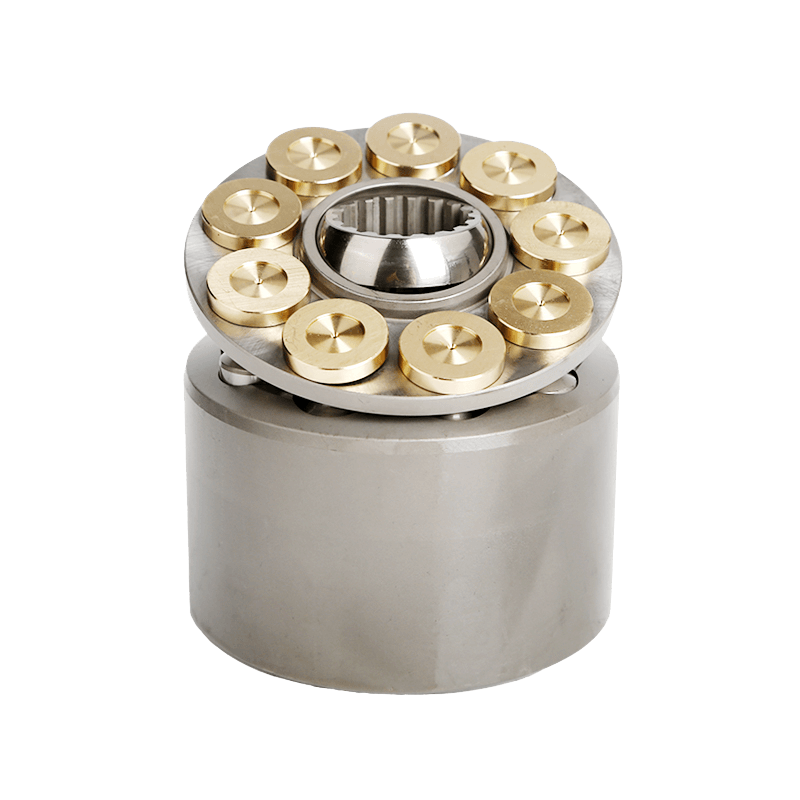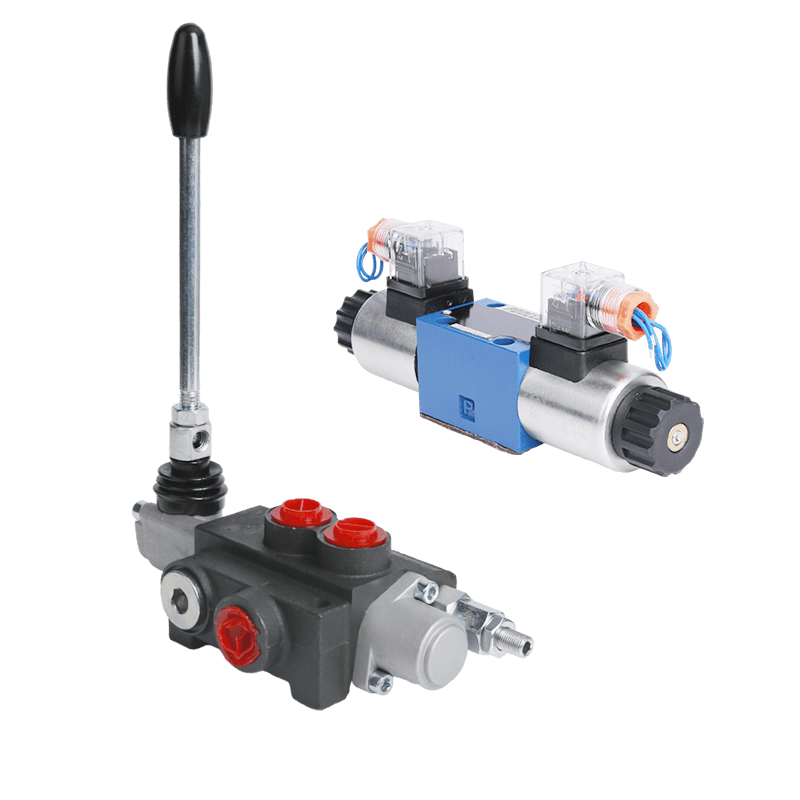Importance of Hydraulic Motors
Hydraulic motors play a pivotal role in modern machinery by converting hydraulic energy into mechanical power. They are integral to various industries, including construction, agriculture, and manufacturing, where they drive systems requiring substantial torque and controlled speed. These components are mechanical actuators that convert the hydraulic pressure from the hydraulic system into mechanical energy. Their ability to provide consistent performance under high-pressure conditions makes them indispensable in applications such as cranes, excavators, and industrial presses.
Overview of Hydraulic Motor Parts
The efficiency and functionality of a hydraulic motor depend on its key components. These include gears, vanes, pistons, and actuators. All these parts must work together to create a hydraulic motor that works efficiently. The specific configuration of these parts varies depending on the type of motor. For instance, gear motors rely on interlocking gears for motion generation, while vane motors utilize rotating vanes within a housing.
Types of Hydraulic Motors
Gear Motors
Gear motors are tough. They can run fast. They’re often used in spinning tools. These motors use gears that lock together. They create force by pushing liquid through the inlet valve.
Vane Motors
Vane motors shine in slow jobs. They’re common in factory tools like plastic molding machines. Inside the case, many vanes link to one spinner. Liquid pressure turns the spinner and vanes. This makes the force needed to run machines.
Piston Motors
Piston motors are big in heavy machines. They handle fast work and big movement ranges. There are two main kinds: radial and axial. Radial piston motors make force with pistons set in a circle around a camshaft. Axial piston motors use setups like swashplate or bent-axis designs.
LSHT (Low-Speed, High-Torque) vs HSLT (High-Speed, Low-Torque)
Hydraulic motors split into LSHT or HSLT groups based on how they work. LSHT motors give big force at slow speeds. They’re great for jobs like winches or moving belts. HSLT motors focus on speed, not force. They fit tasks needing quick motion.
Gear Motor Part Breakdown
Idler Gear
The idler gear stays still. It’s not tied to the output shaft. It acts as a guide in the system. It spins because its teeth mesh with the driven gear.
Driven Gear
The driven gear connects to the output shaft. It makes motion from liquid pressure. This motion passes to the idler gear. This keeps both gears spinning together.
Output Shaft
The output shaft sends force from the driven gear to outside machines. Since the driven gear links to the output shaft, the force moves through it.
This clear look at hydraulic motor parts shows why they’re key. They ensure strong moving power in many factory jobs.
Vane Motor Part Breakdown
Rotor
The rotor is a core piece in vane motors. It ties to the motor’s drive shaft. The vanes link to the rotor. Liquid pressure spins the rotor. This turns the vanes too. This spinning is vital for making force to run machines. The rotor’s shape ensures smooth work and good energy flow in the motor.
Vanes
Vanes are super important in vane motors. They connect to the rotor. Their length can be even or change to touch the motor’s case or walls. These parts shift as they spin inside the case. This keeps good contact with the case for steady work. Liquid pressure and vanes team up to make force.
Housing
The housing covers all vane motor parts. It gives strength and shields from outside dirt. In vane motors, the housing has an inlet and outlet valve. This setup lets liquid flow well. It also protects inner parts from wearing out.
Piston Motor Part Breakdown
Radial Piston Motor Components
Cylinder Block
In radial piston motors, the cylinder block is a big deal. It holds pistons set in a circle around its edge. Its main job is to house pistons. It ensures pistons and cylinders spin. The block turns as liquid pressure hits each piston. This gives exact control over force.
Rotor
The rotor in radial piston motors works with other parts. It turns liquid energy into moving motion. It keeps pistons moving together in the cylinder block. This helps send power well.
Stator
The stator gives force for the piston and rotor. It makes them spin. This part keeps things steady in radial piston motors. It acts as a fixed frame for other parts to work against.
Pistons
Pistons are key for turning liquid pressure into moving power. When pressure builds, these carefully made bars slide up and down. They turn energy into moving power. Their circle setup spreads force evenly across all pistons during work.
Axial Piston Motor Components
Cylinder Block
Axial piston motors also use a cylinder block. It holds many pistons set along its length. When the cylinder spins once, it makes pistons do one push. This design allows fast work while staying strong.
Rotor
The rotor in axial piston motors spins with the cylinder block and pistons. Its job is key to turning liquid pressure into useful moving energy.
Stator
Some axial systems have stators, depending on the design. These give extra support to keep things lined up during work.
Pistons
Like in radial systems, axial pistons are vital for energy change. Their straight setup works well with swashplates or bent-axis designs for top performance.
Other Terminology You Should Know
Bore
The bore is the width inside the cylinder holding pistons. It sets piston size and max pressure in hydraulic systems.
Compensator
The compensator in a hydraulic motor acts like a pressure checker. It controls pump flow based on system needs. This stops too much pressure that could harm parts.
Flange
A flange joins parts in hydraulic systems tightly. It stops leaks or shakes. Its shape changes with the job but often has round or square connecting surfaces.
Housing
The housing shields all motor parts from dirt and damage. It holds them in place. It’s made from tough materials. These can handle big stress without breaking.
Inlet Valve
The inlet valve is where liquid enters. It guides hydraulic fluid to inner parts. There, it makes motion through controlled pressure.
Outlet Valve
The outlet valve is where liquid exits. Well-made outlet valves stop backflow. They keep steady system work under different loads.
Seal
Hydraulic seals stop leaks between touching surfaces. They form tight walls around joints or gaps. They protect parts from liquid or air pressure leaks.
Shaft
The shaft is a long, round tube that spins. It sends force to connected parts. Its design affects system efficiency. It needs exact lineup with other moving bits.
Swashplate
Swashplates turn straight piston motion into spinning motion at drive shafts. They use angled discs. These are fixed near their centers.
About POOCCA
This article shows how hydraulic motors work. Each part has a special role. Hydraulic motors are super important for many jobs. They power big machines in building, farming, and more. Their parts, like a team, make sure the motor runs great. Gear motors are fast. Vane motors handle slow tasks. Piston motors tackle heavy work. Knowing LSHT and HSLT helps pick the right motor.
POOCCA makes awesome hydraulic parts. POOCCA hydraulic motors are top-notch. They fit many needs. From radial to axial piston designs, every piece matters. The inlet valve, rotor, and outlet valve keep things flowing. Seals and flanges stop leaks. Swashplates and shafts make motion smooth.
Need help picking hydraulic motors? Contact POOCCA for free tips. They know how to match motors to jobs. Email them today to boost machine power!

